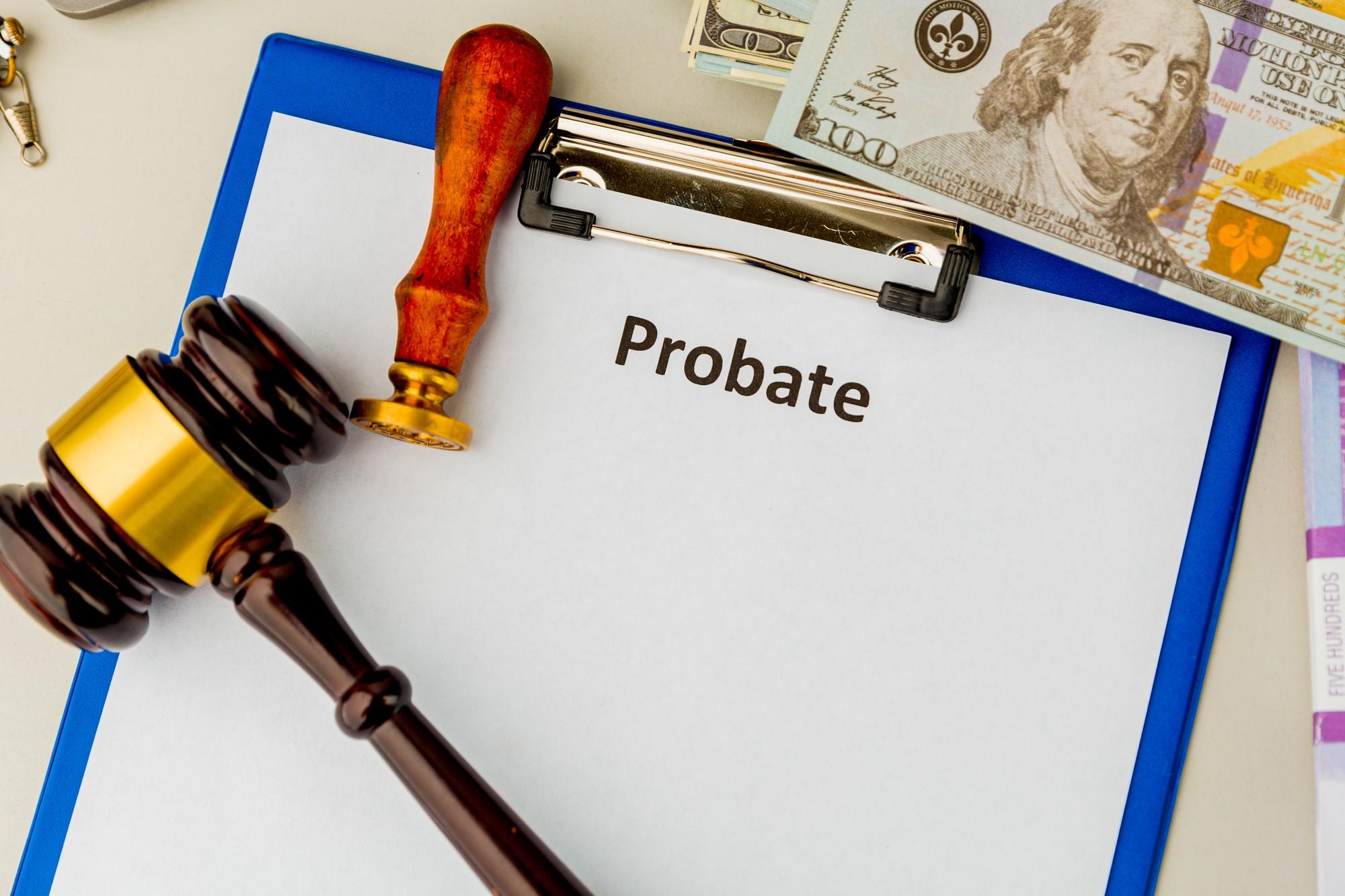Probate Loans: Everything You Need To Know
The death of a loved one is an arduous change to overpower. You may learn the art of acceptance with time. However, when you start accepting the change, several other financial aspects like debts, taxes, and even the funeral cost steer your life along with the inevitable grief. Hence, planning the finances ahead of time makes your transition smooth.
If you are well accustomed to probate meaning, it takes a lot of time to probate a will. Besides, probate also amounts to a substantial cost. Hence, probate loans are a provision that renders funds to the beneficiaries for the moment.
The blog highlights the significance of probate loans, their process, and the advantages and disadvantages of opting for them.
What Is A Probate Loan?
Probate of Will is a judiciary process in which the probate court evaluates the estate and authenticity of the Will. Moreover, the process is time-consuming, involves many proceedings, and amounts to substantial financial costs. As the execution of the Will takes time, the executor and the beneficiaries might face several indispensable financial and personal needs in the interim.
Probate loans are short-term loans rendered against the assets within an estate, known as inheritance loans or estate loans. Further, hard money lenders provide these loans at a fixed interest rate. Once you receive the loan, a requisite monthly installment follows, and the lender earns interest. On the other hand, the probate process continues simultaneously.
Probate loans are a relatively recent development. Hence, money lenders rendering probate loans are challenging to find. While some traditional banks avoid probate loans, a few specialize in the same.
What Is The Difference Between Probate Loan And Probate Advance?
Although some use probate loans and probate advances interchangeably, both are entirely different concepts. A probate loan is similar to traditional loans, where the lender provides a fixed sum of money against your real estate assets. On the other hand, a probate advance is a way of obtaining a portion of your future inheritance. While, unlike probate loans, there is no need to repay the money through monthly repayments or rate of interest to the lenders.
A probate advance doesn’t come with any responsibilities once you receive the funds. Hence, probate advances are a relatively risk-free option to obtain emergency funds. You can choose the preferred mode depending on the estate and your circumstances.
When to use probate loans?
Probate loans can be a boon. However, think twice before making the final decision. You can opt for probate loans in the following situations:
- If you have a financial need like settling debts, paying taxes, or buying out other beneficiaries.
- When your probate is sure to take more time.
- If your inheritance is bound to change due to any disputes.
How Much Time Does It Take To Get Money After Probate?
The probate process is inevitable in the case of large estates. However, the process takes a lot of time. So, how long does probate take? A normal probate process takes six to nine months from initiation to the time when you receive the inheritance.
Furthermore, the duration of probate differs from state to state. The time required for the probate process depends on the following factors:
- The size and complexity of your estate
- The state you live in
- Whether the decedent owns a will
- The number of cases lined up in the court
- Other external factors like recession or the pandemic
Advantages Of Probate Loan
- Receive a portion of your inheritance early
- Paying off the mortgage and settling other debts
- Buying out heirs and beneficiaries
- Preserve the estate’s property tax
Disadvantages Of Probate Loans
The following are the disadvantages of probate loans:
- Monthly repayment and rate of interest
- Like any other traditional loan, probate loans involve monthly repayment and interest. Hence, once you acquire the loan amount, make provisions to repay them.
- Vulnerable to scammers
As probate loans are a relatively recent financial development, there aren’t enough legal provisions to avoid setbacks. Hence, when you opt for a loan, you are vulnerable to scammers and exploitative loan terms. Therefore, researching before initiating a probate loan is essential.
- Possibility of family dispute
Besides the common disadvantages, research associates lending with family disputes. Disputes in estates are tough to handle and can make matters worse. So, inform other beneficiaries and heirs before moving forward with the loans.
How Do A Probate Loan Work?
- Reach out to the probate lender
- The lender evaluates the estate
- Proposes agreement and rate of interest
- Repayment of loans
How much money will you get from probate loans?
A probate loan renders about 25% to 75% of your inheritance. Moreover, the exact amount depends on your lender and the duration of probate. Different lenders have different policies for providing loans. While some have a threshold limit, some agree with the percentage of inheritance.
How is the rate of interest finalized?
The probate loan interest rate depends on the inheritance, lender, and financial standing. Generally, the interest rate is about 7% to 15%. However, the rates can vary in some cases.
Will Bank give us a Probate Loan?

Generally, traditional banks avoid probate estate loans as they have come into execution recently. Therefore, finding suitable probate loan companies is challenging and requires considerable research. Moreover, California is the only state that has passed laws for probate loans and advances.
Probate lenders provide the amount at reasonable probate loan rates depending on the size of your estate and the duration of probate involved. The structure of the payment and rates depends on your lender. Besides, the lenders also provide probate advances. However, probate advances reduce the total inheritance value.
Documents Required For Probate Loan
Applying for a probate loan is your requisite. Hence it would be best if you prepared before taking the huge step. Moreover, having all the documents in place helps you to receive the loan soon. Furthermore, the following are the documents required for a probate loan:
Essential documents
- Death certificate
- A copy of the will
Optional documents
- Petition for probate
- Notice to creditors
- Inventory sheet
- Small estate Affidavit
- Letters Testamentary or Letters of Administration
Conclusion
A probate of wills and estate can drain both your time and finances. On the other hand, financial liabilities like debts and taxes might muddy the waters further. Under such circumstances, a provision, such as a probate loan, is of considerable help. Moreover, complex estates and probate without a will are more time-consuming. Hence, for situations where the court is sure to take time, applying for a probate loan is better.
The only risk involved in a probate loan is the monthly repayment and rate of interest. But, to avoid the risk, you can opt for probate advances. Since probate advances provide you with a portion of your future inheritance value, there is no repayment risk. Therefore, you can decide on the mode depending on your preferences and circumstances.
We at Clocr help you to create your last will required for the probate processin just 10 minutes. Thus, you can outline your last wishes, define assets, and assign beneficiaries. Furthermore, creating an authentic will avoids any delay in the probate process. Also, the digital vault is a valuable service – a cloud locker to secure your important documents. Besides, the vault is secure with one-of-a-kind digital shredding technology and multi-factor authentication. So, to transcend the final phase of life at ease. Join CLOCR today.




